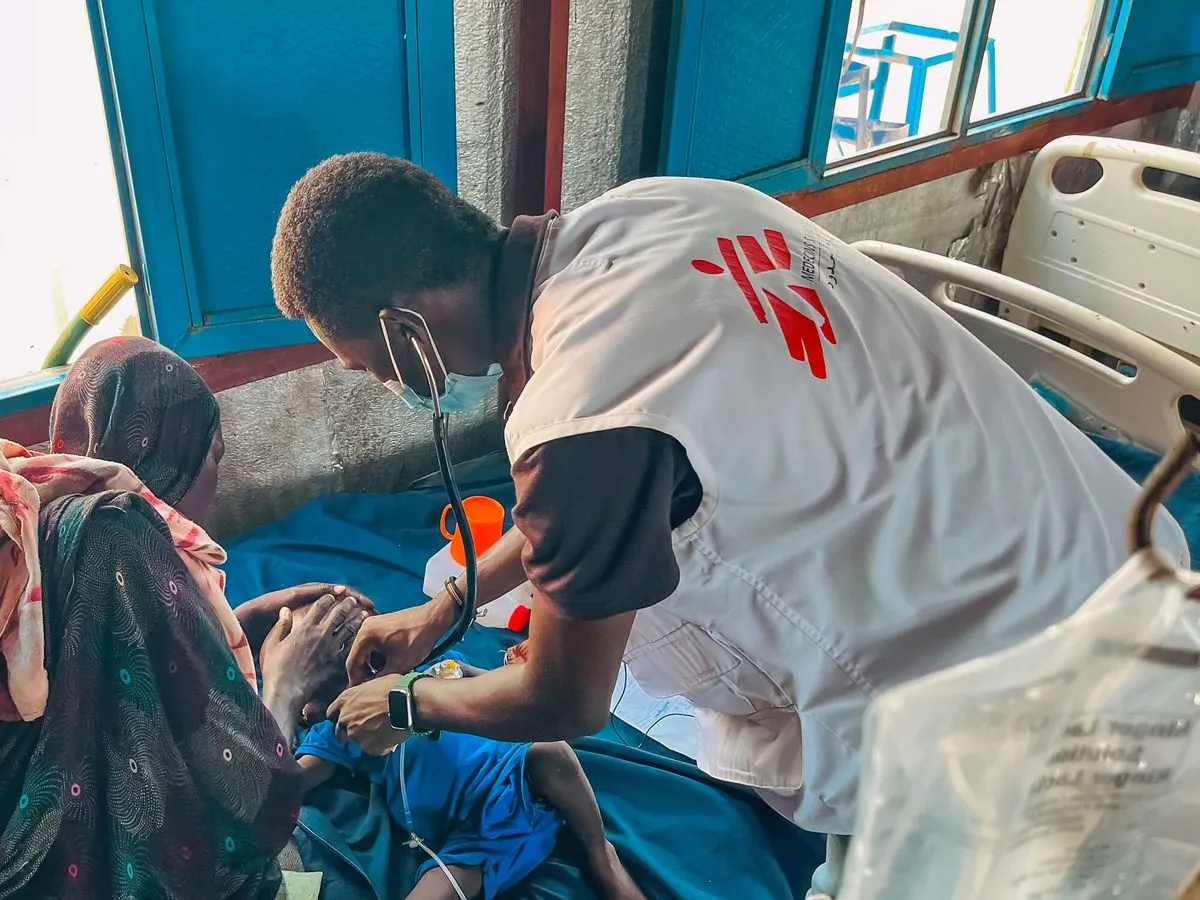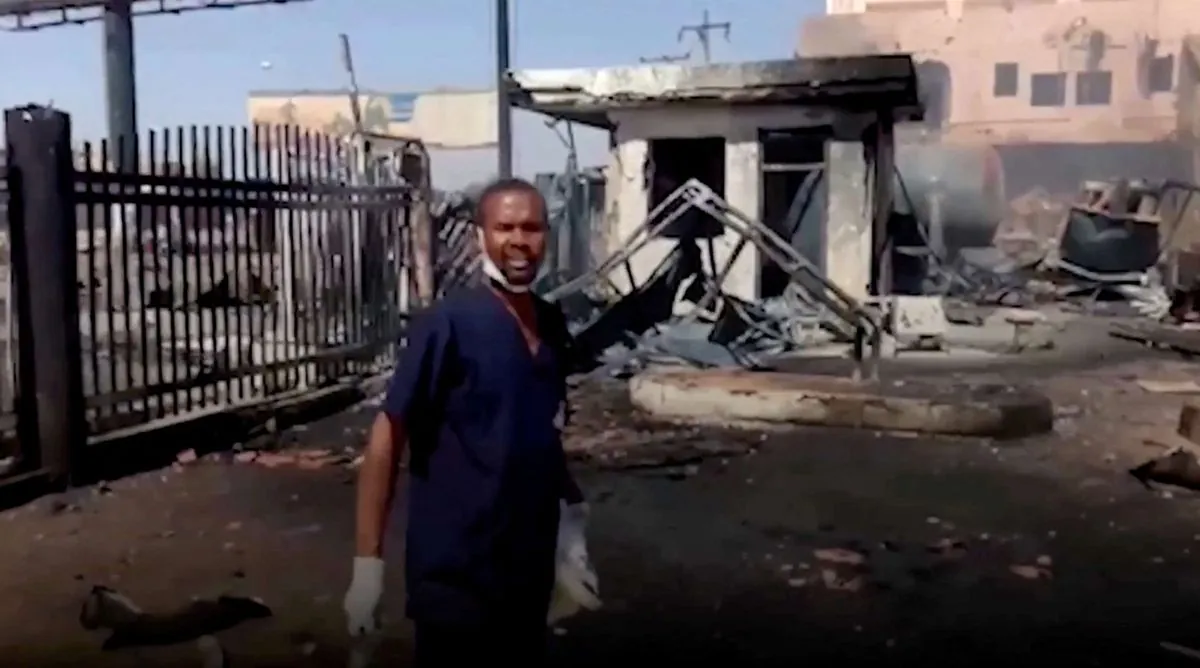Sudan Battles Cholera Amid Conflict and Floods: A Humanitarian Crisis
Sudan grapples with a cholera outbreak, exacerbated by ongoing conflict and floods. The crisis has claimed lives, overwhelmed healthcare, and displaced millions, prompting international concern and diplomatic efforts.

Sudan is currently facing a severe cholera outbreak, compounding the challenges posed by an ongoing conflict and devastating floods. Haitham Mohamed Ibrahim, the Health Minister, reported at least 22 fatalities and 354 confirmed cholera cases across the country in recent weeks. However, the World Health Organization (WHO) provided a more comprehensive picture, stating that 78 deaths and over 2,400 cases were recorded between January 1 and July 28, 2024.
Cholera, a fast-developing and highly contagious infection caused by the bacterium Vibrio cholerae, leads to severe dehydration and can be fatal if left untreated. The disease spreads rapidly in areas with inadequate sewage treatment and contaminated drinking water, conditions exacerbated by the current crisis in Sudan.
The outbreak is occurring against the backdrop of a 16-month conflict that has plunged the nation into chaos. The strife, which erupted in April 2023, has transformed urban areas, including the capital Khartoum, into battlegrounds, severely damaging civilian infrastructure and the already fragile healthcare system. Many hospitals and medical facilities have been forced to close due to lack of basic resources.

This conflict has created the world's largest displacement crisis, with over 10.7 million people forced to flee their homes, according to the International Organization for Migration. More than 2 million have sought refuge in neighboring countries. The situation has been further aggravated by recent floods, which have claimed dozens of lives and destroyed critical infrastructure in 12 of Sudan's 18 provinces, displacing an additional 118,000 people.
Sudan, once the largest country in Africa before South Sudan's independence in 2011, has a complex history of civil conflicts and humanitarian crises. The country gained independence from Anglo-Egyptian rule in 1956 and has since faced multiple civil wars. The ongoing Darfur conflict, which began in 2003, has resulted in hundreds of thousands of deaths and continues to impact the region.
"The situation in Sudan represents one of the most severe humanitarian crises globally, with urgent need for international intervention and support."
The current crisis has pushed many into starvation, with famine confirmed in a displaced persons camp in the northern Darfur region. The conflict has been marked by atrocities, including mass rape and ethnically motivated killings, which the UN and international rights groups have classified as war crimes and crimes against humanity.
This is not Sudan's first encounter with cholera. A previous major outbreak in 2017 resulted in at least 700 deaths and affected about 22,000 people in less than two months. The country's vulnerability to such outbreaks is partly due to its diverse climate, ranging from arid in the north to tropical in the south, and recurring droughts and famines throughout its history.
Amidst this crisis, diplomatic efforts are underway to resolve the conflict. Peace talks began on August 14, 2024, in Switzerland, with representatives from various international bodies present. The Sudanese military-controlled sovereign council has announced plans to send a delegation to Cairo for discussions with American officials, focusing on implementing a deal between the military and the Rapid Support Forces.
As Sudan grapples with these multiple crises, the international community watches closely, hoping for a resolution that can bring stability and allow for the addressing of urgent humanitarian needs in this historically and archaeologically rich nation.



































